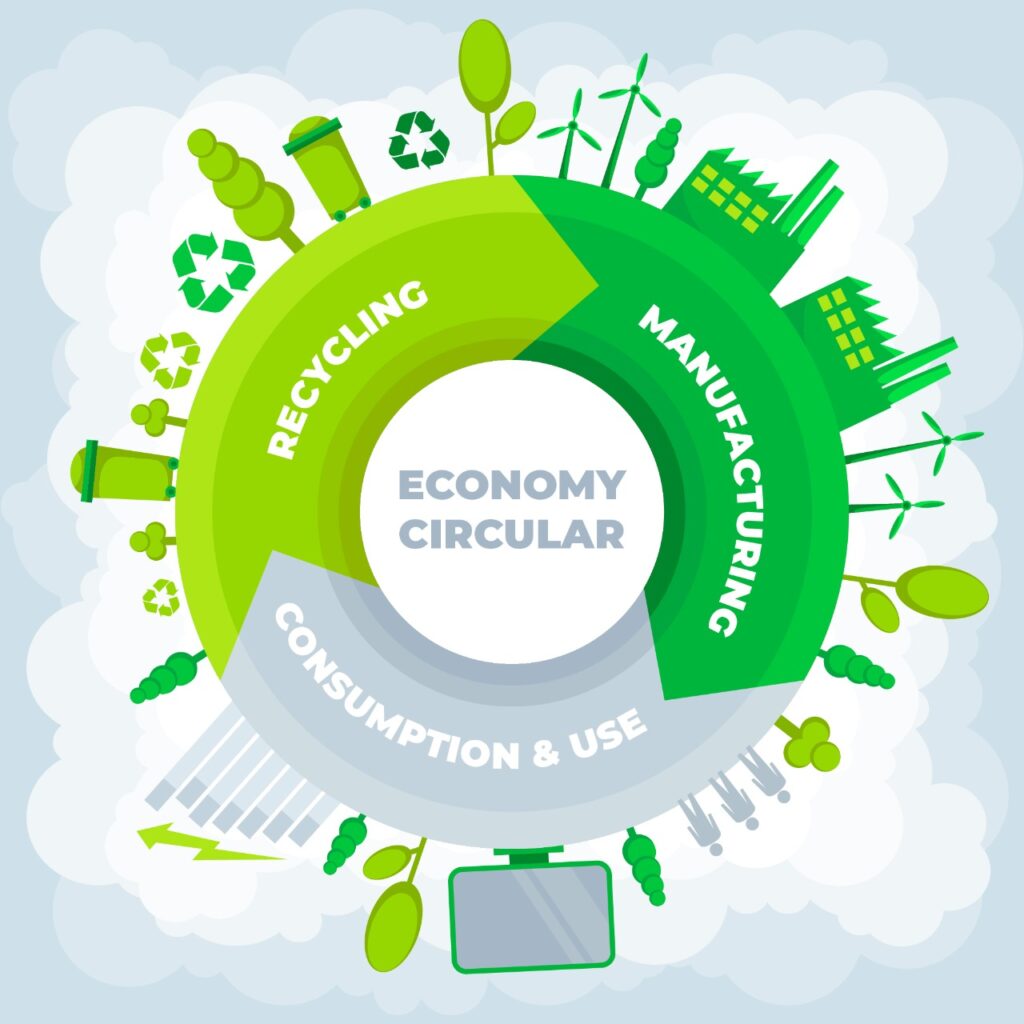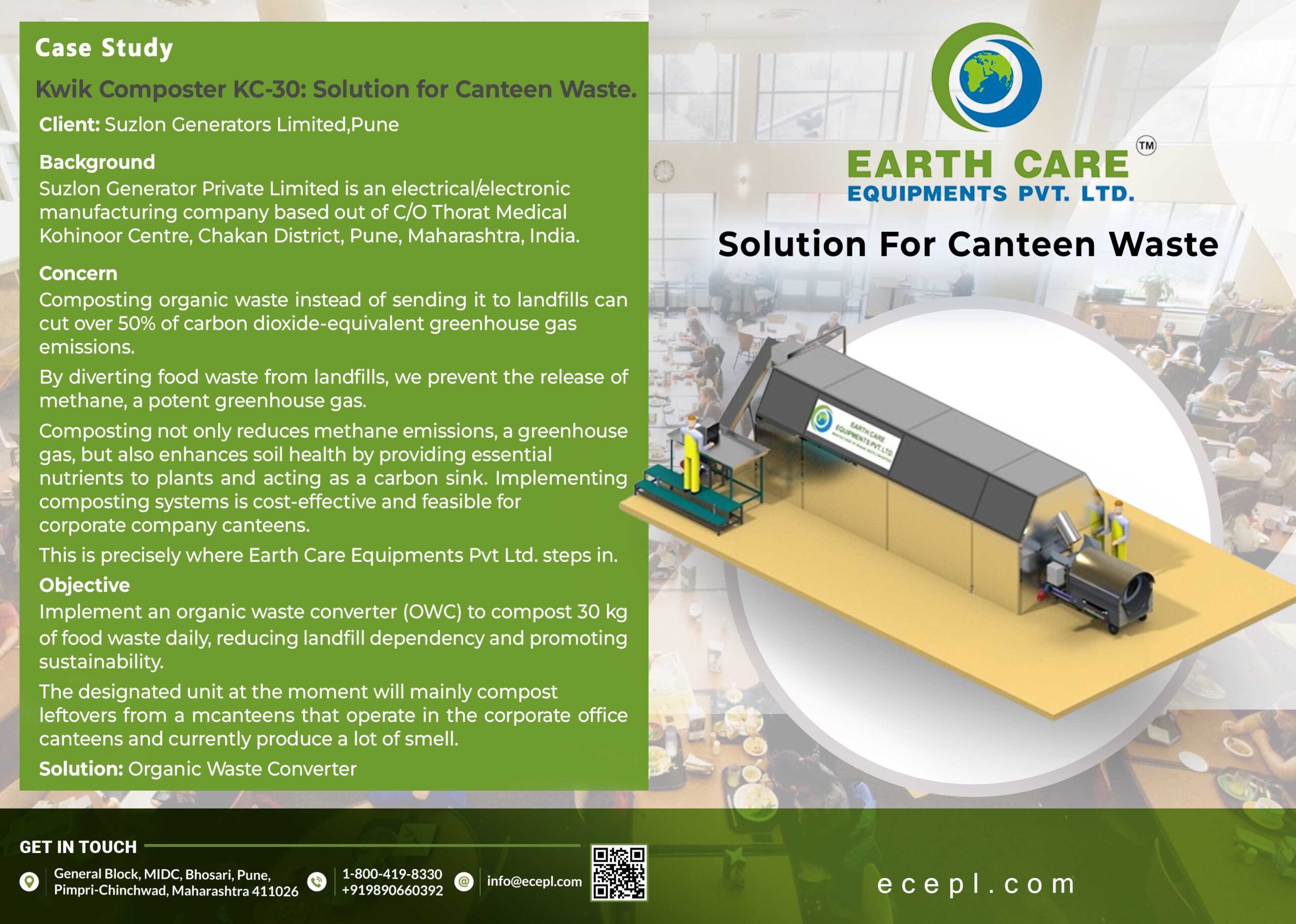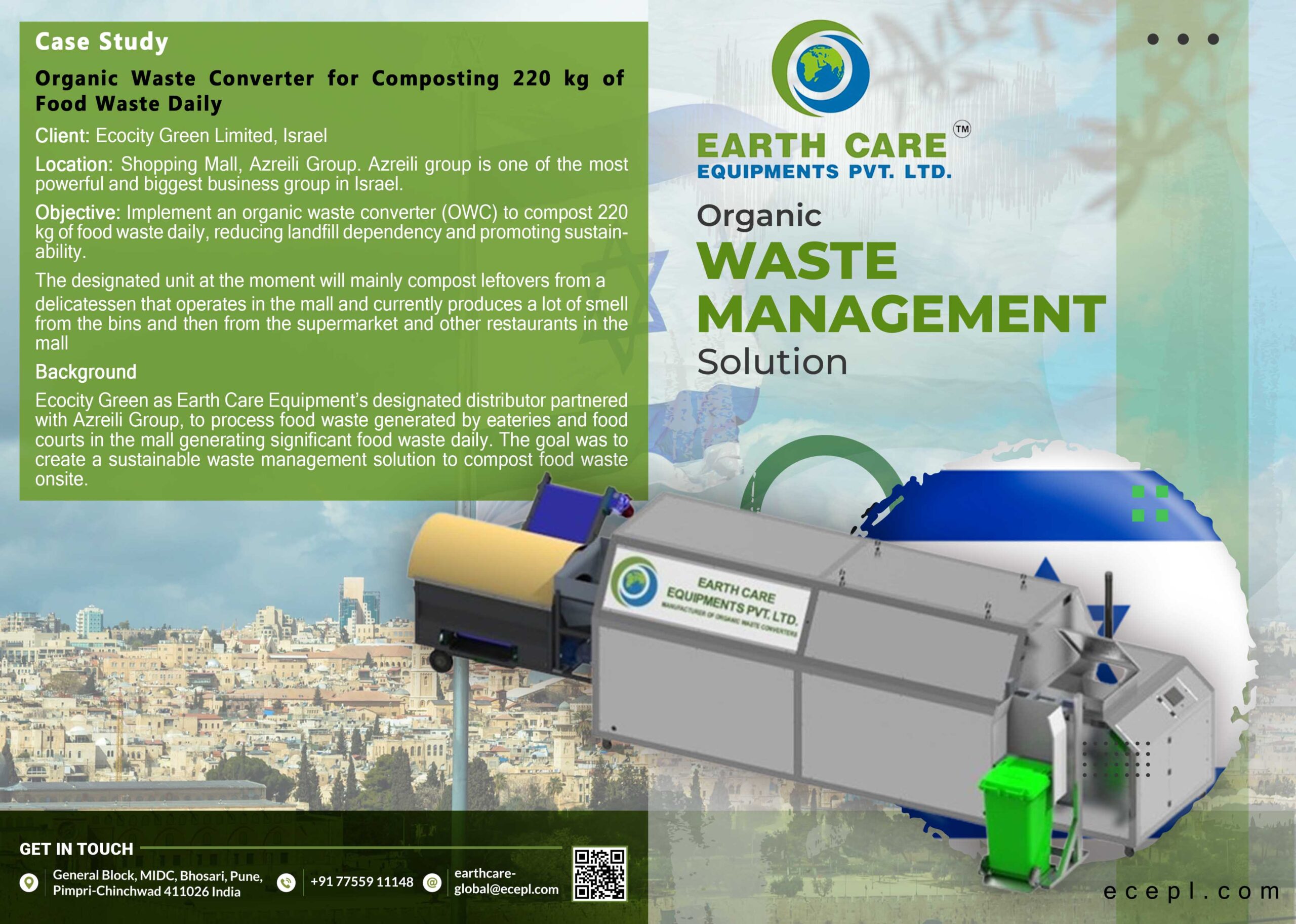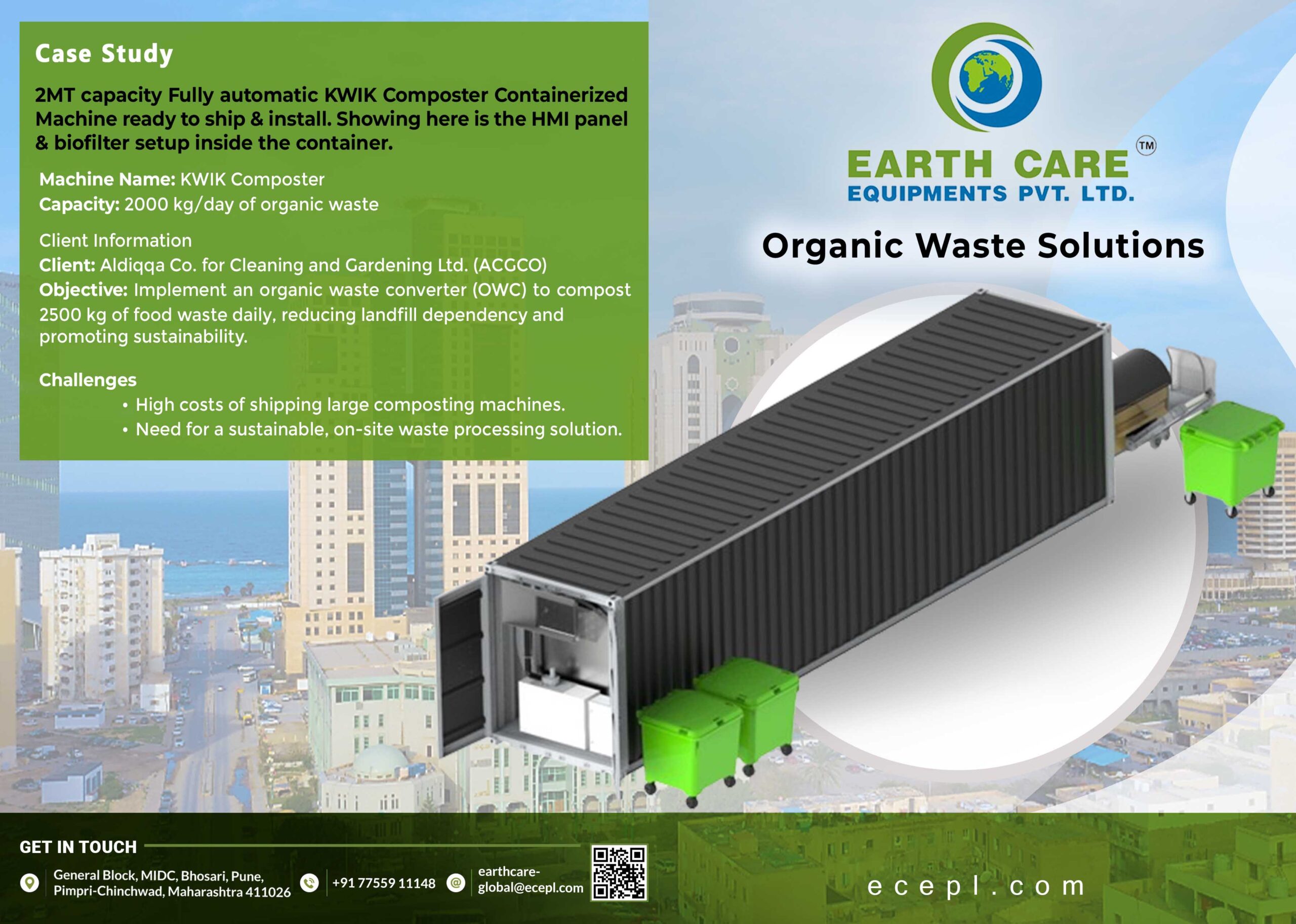
SDG The Circular Economy Package, published by the EU Commission in December 2015, was a groundbreaking policy that Proposed an EU regulation to revitalize Europe’s progress toward a circular economy. This was projected to help with the worldwide intensity of organic waste management, encourage reasonable monetary development and create new opportunities In simple words, the circular economy is an industrial economy that projects sustainability through its activities. It is an environment-friendly philosophy of raising industries. A circular economy revolves around reusing, repairing, refurbishing, and recycling existing materials and products; hence making the best out of waste.
The concept of Circular Economy, the EU the problem of waste management across the EU is a considerable example. Although organic waste management across the EU has worked impressively over recent years, close to 33% of metropolitan waste is still landfilled. Additionally, not even half is reused or treated in the soil, with wide varieties among the Member States.
The first step was to set forward an underlying package to resolve the issue on a day-to-day, round-level basis. It began with assisting organizations and shoppers with making the change to a circular economy where waste is viewed as an ‘asset’ that can be reused, reused, or remanufactured. One major action item under this package was to diminish the landfill of civil waste to 10% by 2030. The guideline likewise contains recommendations addressing National waste regulation to, avoid waste creation, and reuse and recycle it as much as possible, as our current practices will affect the present as well as our future.
In this respect, the food waste fraction plays the most important role in recycling and in raising the circular economy, since up to 50% of municipal solid waste is biodegradable. Furthermore, almost half of this bio-waste is food waste.
Therefore, it is projected that the 10% landfill target can only be achieved through sustainable bio-waste management, which primarily includes composting and anaerobic digestion. To follow the circular economy package, it is important to track down the origins of the waste in question. Subsequently, the food and other bio-resources that are consumed by the cities and metros primarily originate in rural areas. However, they exist in barely harmful forms. When these resources reach the city, get processed, and consumed, is when the actual problem originates. Most of the commodities meant for consumption do not get consumed in the first place. These commodities are then discarded out of negligence and ignorance in the form of food waste and sewage. This is where composting jumps in. We at Earth Care, target essential public areas of waste generation to combat the problem of organic waste dumping. Core areas like buildings and townships, restaurants, Industrial canteens, Municipal Corporations and places of worship, which contribute the most towards organic waste generated publicly, are tackled efficiently.
Through the Circular Economy Package, we seek to effectively tackle this exact problem. If managed well, this ‘waste’ can be part of a circular economy that helps rebuild soil health, recovers valuable resources, and provides feedstock for factories or energy plants.
At this point, it is important to understand where the roots of the problem actually lie. Most of the organic waste that exists in the metros actually originates in rural areas. Having entered the city, they are processed and consumed, and the rest is discarded as ‘waste’ in the form of bio-products, food waste, and sewage. If these resources are managed effectively, they can be part of a circular economy that helps rebuild soil health, recovers valuable resources, and provides feedstock for factories or energy plants.
This can be done by converting the waste into organic compost. Composting is a treatment cycle that works with the decay of natural matter in an oxygenated climate and makes a supplement-rich compost or soil revision. Food scraps, scene decorations, wood items, creature results, bundling, and other disposed of material can be made into manure. In fact, the whole philosophy of a circular economy revolves around, the fact that bio-waste from food is not landfilled but composted so that, it turns into compost and forms a resource for organic soil. This compost in turn works as a soil conditioner, and biodegradable products, manure and fertilizer.
To add to the benefits, the compost is rich in micronutrients and hence converts into organic manure and fertilizers for the soil. Organic Composting of materials also helps with diverting garbage from landfills where they are simply left unprocessed. Untreated waste is the core cause of the production of methane and leachate formulation, hence composting plays a key role in combating these harmful gases. Compost can prevent pollutants in stormwater runoff from reaching surface water resources. Besides, the fertilizer has likewise been displayed to forestall disintegration, silting on banks lined up with brooks, lakes, and waterways, and stay away from disintegration and turf misfortune on side of the road, slopes, battlegrounds, and greens.
The advantages of working on organic waste for treating the soil are immense. Direct advantages incorporate a better metropolitan climate for human wellbeing, lower ozone-harming substance emanations, and decreased costs for districts and families. Aberrant advantages comprise further developed soils in peri-metropolitan regions through the cycling of natural composts, more feedstock for the nearby bio-economy, perfect, sustainable power for power, locale warming, and even vehicle frameworks.




